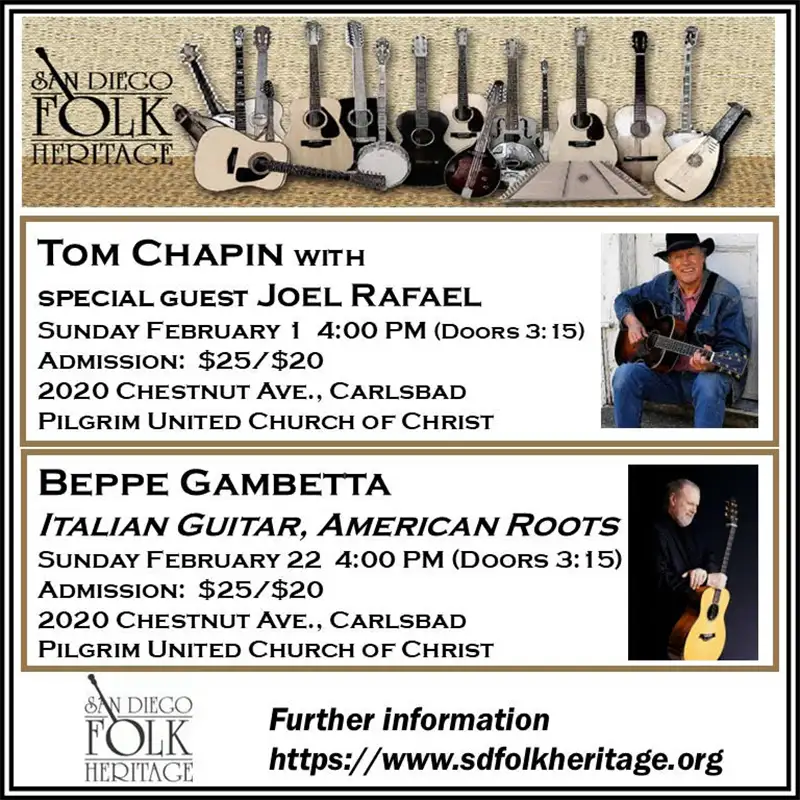Zen of Recording
Letting Go
As I lie here floating on my back in the Pacific Ocean and staring up at the endless azure of the late summer sky, I notice it looks farther away than usual. The thin, wispy cirrus clouds out over the distant horizon seem blurred and diffuse, as if they’ve somehow fallen out of focus. Turning my head towards the cliffs of Torrey Pines, I can see a dozen paragliders gently waltzing through the heavens like delicate goose down feathers after a pillow fight. The beach itself provides its own colorful contrast by way of the seemingly hundreds of brightly hued umbrellas strewn about the sand like so many children’s toys. And of course, there’s that endless nude volleyball game…
Going to Black’s Beach (San Diego’s only “clothing optional” seaside park) is not among the things I’ve done much of, and never with the absence of wardrobe I am presently enjoying. Lest one think this is something I leapt into freely without hesitation, let me assure you that there was no small amount of blind trust and bravery that brought me to this present (ahem) exposure. I mean, even walking around the house without a robe can make me feel a little vulnerable. I’ve just always felt more secure with a few more clothes on… especially around strangers. Still, here I am… naked as the day I was born and thinking that it’s somehow appropriate.
Why? Because I had to let go of everything to get here. My fears, my prejudices, my past, my future, my hang-ups… all of it. I had to eventually just… be.
As songwriters, we often face many of these same challenges. What if this song isn’t good enough? What if no one gets it? What if it’s not “commercial” enough or not “artistic” enough? What if this song falls into the deep, dark drawer of the forgotten?
Let go, songwriter. Remove yourself from expectation. It doesn’t matter right now. If inspiration has come gently knocking, simply answer the door and let it in. Don’t worry about the style of song or the subject matter. Don’t count the verses or stop to find the perfect rhyme. Follow the natural flow, no matter how typical or unfamiliar it feels. This is no time to start thinking.
I play guitar, a little piano, and I can sing. I mention this because these have been the most helpful tools to me in my development as a songwriter. I don’t consider myself the greatest at any of these things, mind you, but I highly recommend at least a passing familiarity of at least one of them to all aspiring tunesmiths. The stronger your voice for instance, the more able you will be to navigate melodies, just as being able to accompany oneself with an instrument obviously aids in contextualizing that melody’s chordal structure.
In my experience, the songs that seem to connect most with the listener are the same ones I connect most with as a performer. This is not to say that one must be a performer to be a good songwriter, but it sure helps things along. Like I said, you don’t need to be a virtuoso, but if you can feel the melody and chord progression pulling you into and through the song, you are definitely on the right track and more likely to stay on it.
There are seemingly as many songwriting approaches as there are writers of songs and if you are a student of the art (which I will always consider myself), you have undoubtedly been exposed to several of them.
For me, it begins with a vibe. Maybe it’s a feeling I’m deriving from a certain chord progression, or a phrase that keeps playing in my head. It is at this is very early stage that I release myself from expectation. I don’t think about the end result at all. I am fully in the moment, letting this feeling wash over me. I begin to sing, wordlessly. I am winding my way through the chords, finding the vowels that feel the most sonorous. In a way, I am more of a horn than a human. I am freely expressing this feeling, falling into this emotion and experiencing its mood. Words begin to form. Maybe they’re bringing it all into focus, or maybe they’re nonsensical gibberish. Regardless, I carry on. I may begin to find my way into a structure. Maybe this is a chorus, or a verse. If so, where did it come from? Where is it going?
I call this stage of the songwriting process “chasing down the inspiration.” By giving myself over to the right side of my brain (the side that is creative and can’t navigate the Dewey decimal system or balance a checkbook) I am potentially opening myself to avenues not yet traveled. By allowing the melody to blossom from a musical, rather than literary point of origin, I believe this also gives a song a better chance of possessing a lasting quality. In my experience, most songs written from the words outward tend toward more linear, static melodies that keep the focus on the lyric.
Once you have gotten as far as you can into a song’s founding, then you can return to it later as a craftsman. It is at that point that you can tweak, butcher, and refine it, sculpting away the excess clay to reveal the song’s true, essential self. If one’s inner critic is allowed into the proceedings too early, there is the potential to stay on a safer, more predictable path.
Let go, songwriter. Remove the uniform of convention and follow your muse down the rabbit hole. All of the good stuff is already waiting there for you.
Sven-Erik Seaholm is an award-winning artist, writer, and record producer whose life revolves around songs. Find him on the web at kaspro.com, Facebook and ReverbNation








